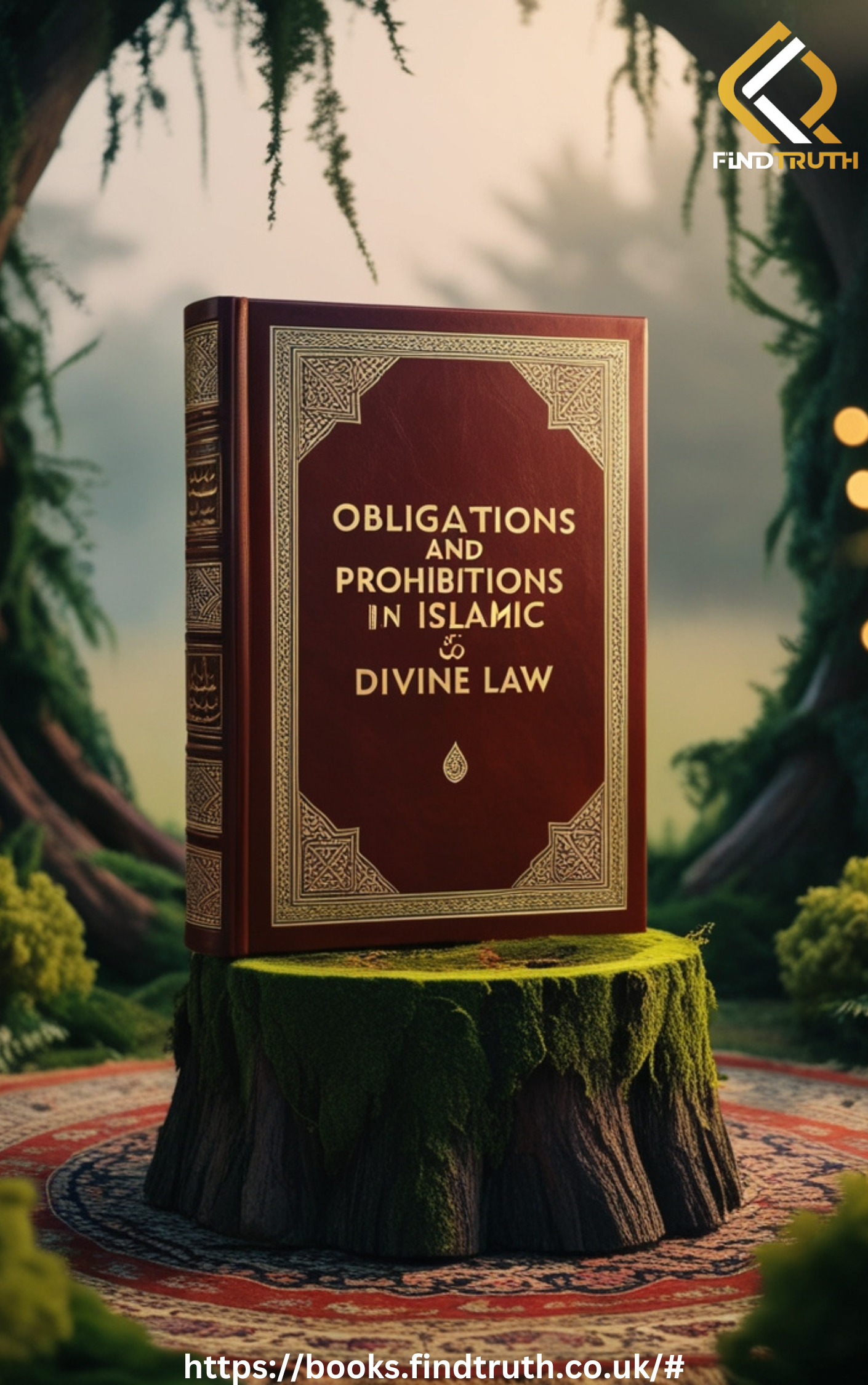Obligations and Prohibitions in Islamic Divine Law
"Obligations and Prohibitions in Islamic Divine Law" is a thorough exploration of the duties and restrictions placed upon Muslims as prescribed by Shariah. This book covers fundamental aspects of Islamic jurisprudence (fiqh) related to obligatory acts of worship such as Salah, Sawm, Zakah, and Hajj, as well as the ethical and social obligations that guide a Muslim's relationship with others. In addition to the obligations, the book outlines the prohibitions that a Muslim must avoid, including acts like theft, lying, and injustice, which are condemned in the Quran and Hadith. It discusses how adherence to these divine laws fosters a disciplined life, grounded in morality and piety. The text also provides an analysis of the spiritual rewards tied to fulfilling one's obligations and the consequences of neglecting or violating prohibitions. This book is a key resource for anyone looking to understand the core responsibilities of a Muslim in daily life, in both personal and communal contexts.











